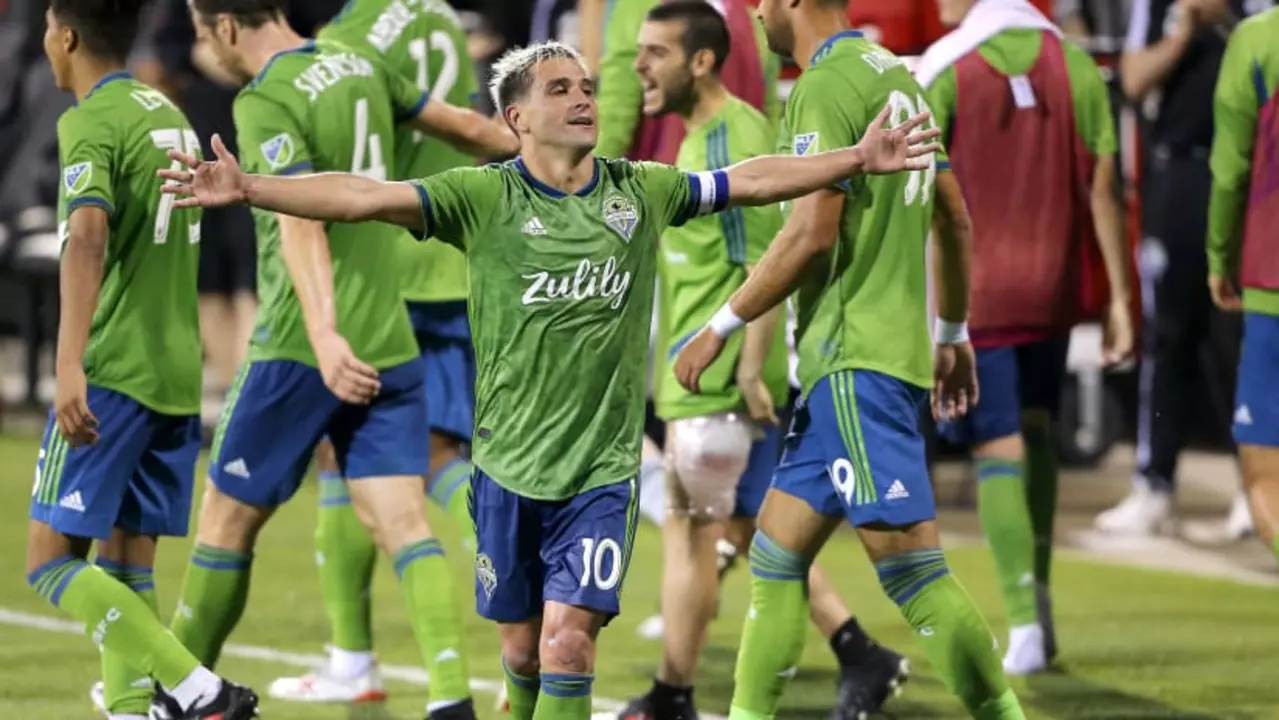Affiliation in UK Football – What It Means for Fans & Clubs
When we talk about affiliation in football, we’re really talking about the links that bind clubs, owners, managers and players together. Those connections shape everything from transfer deals to the vibe you feel in the stadium. Understanding the web of relationships helps you see why a club makes a certain move or why a fan feels extra loyalty.
Club & Owner Relationships
Owners are the big decision‑makers. Their vision often decides whether a club invests in new stadiums, signs pricey players or focuses on youth development. Take Nottingham Forest – the partnership between manager Nuno Espírito Santo and owner Evangelos Marinakis has been in the news a lot. When that relationship gets tense, it can affect the team’s performance and even the chances of playing in European competitions.
Another example is how some clubs become part of larger football groups. When a club joins a bigger organization, it may share scouting networks, training methods and even branding. That can give smaller teams a boost, but it also means they might lose some independence.
Player & Manager Ties
Players often follow managers they trust. Anthony Martial’s exit from Manchester United shows how a player’s career can be tied to the club’s direction and the coach’s plans. When a manager departs, many players rethink their future, looking for a fresh start or staying loyal to the club’s legacy.
On the flip side, managers build their own reputations by working with certain clubs. A manager’s affiliation with a club can become part of their brand – think of how fans instantly picture certain managers with specific teams. That identity influences how fans react to news, whether it’s a new signing or a surprise departure.
Fans themselves are part of the affiliation puzzle. Your personal attachment to a club, a player or even a manager drives the community spirit you see on match days. That emotional bond can be as powerful as any financial deal, turning a regular match into a shared experience.
Affiliations also affect sponsorships. Companies often pick clubs that match their market or values. When a sponsor aligns with a club’s identity, both the brand and the team benefit from shared exposure. This commercial affiliation can bring new kits, stadium upgrades and community projects.
So, what should you look for when you hear the word “affiliation”? First, ask who’s involved – is it a club, an owner, a manager or a sponsor? Next, consider why they’re linked – are they sharing resources, chasing success, or building a brand? Finally, think about the impact – how does this relationship change what you see on the pitch or feel in the stands?
Keeping an eye on these connections gives you a deeper insight into the game. It explains why a club might sign a certain player, why a manager leaves after a few months, or why a sponsor launches a new campaign. In the end, football is more than just the 90 minutes; it’s a network of ties that keep the sport moving.

Is MLS part of FIFA?
As a soccer enthusiast, I've always wondered about the relationship between Major League Soccer (MLS) and FIFA. To clear things up, MLS is indeed part of FIFA. Although MLS is a domestic league in the United States, it operates under the umbrella of FIFA, which is the international governing body for soccer. This connection allows MLS teams to participate in international competitions and for MLS players to be eligible for their national teams. It's great to know that our local soccer league is recognized and supported by the global soccer community!
View More